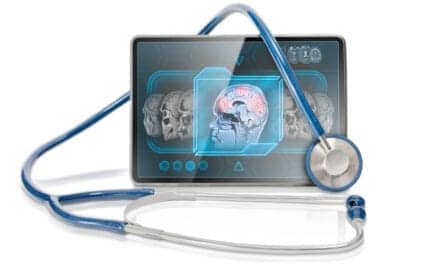Children’s Hospital Los Angeles (CHLA) has developed a 60-second MRI test aimed at facilitating the diagnosis of shunt failure in children with hydrocephalus, a condition characterized by the accumulation of cerebrospinal fluid (CSF) in the brain. The noninvasive test, utilizing phase-contrast MRI, represents a significant advancement by precisely measuring fluid flow through a child’s shunt, a critical indicator of shunt functionality. As shunt failure poses life-threatening risks, early detection is paramount.
Peter Chiarelli, MD, DPhil, a pediatric neurosurgeon at CHLA, spearheaded the research, published in the Journal of Neurosurgery. The study garnered recognition at the 2023 American Association of Neurological Surgeons/Congress of Neurological Surgeons Joint Section on Pediatric Neurological Surgery conference, earning the Hydrocephalus Association Award.
Chiarelli emphasizes the test’s potential to enhance patient care and facilitate research opportunities. The test has been integrated into clinical practice at CHLA, with every child under evaluation for shunt failure undergoing the procedure. Notably, this MRI test is conducted during routine scans, adding only one additional minute to the process. Chiarelli sees it as a complementary tool to existing diagnostic methods, potentially replacing more invasive approaches like nuclear medicine tests.
Beyond immediate clinical applications, the test paves the way for broader research initiatives. CHLA’s CSF Flow Dynamics Group, consisting of neurosurgeons, radiologists, engineers, and physicists, is exploring avenues to optimize shunt flow physiology and potentially develop improved shunt designs.
The team is pursuing a national, multicenter clinical trial to further validate the test’s efficacy and explore additional novel findings. Moreover, ongoing studies aim to elucidate the impact of various factors, such as diet and exercise, on CSF production.






